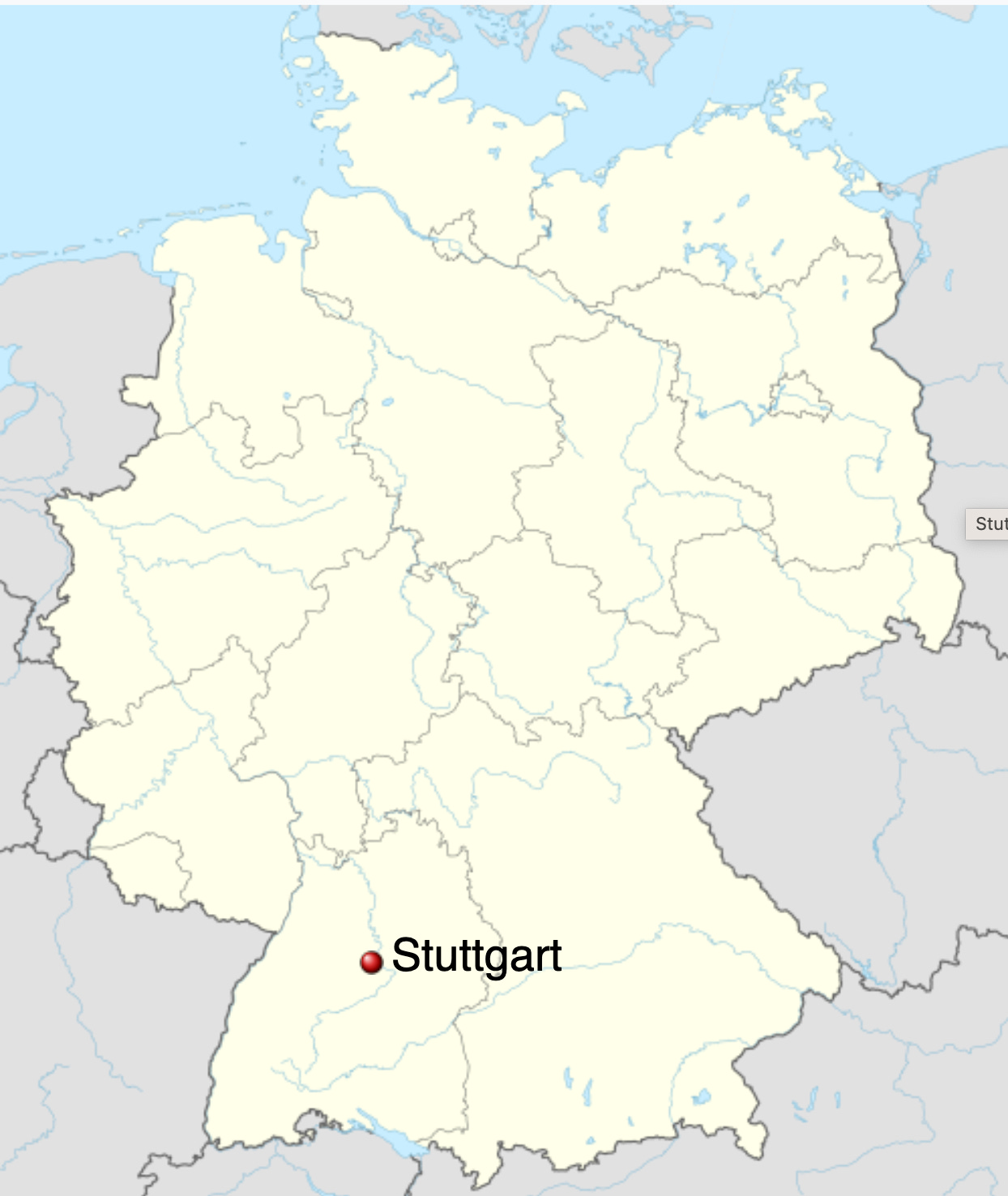🔅 Rwanda Goes Nuclear & Inoculation Before Inoculation
Plus, Africa's Weather Forecasting Problem & Tensions Between Eritrean Diaspora in Germany
Photo of the day
Malindi, Kenya

Markets:
🟢 Nigerian SE: 67,395.74 (+31.50%)
🟢 Johannesburg SE: 74,589.81 (+2.11%)
🟢 Ghana SE: 3,158.79 (+29.25%)
🔴 Nairobi SE: 98.93 (-22.39%)
🟢 US S&P 500: 4,450.32 (+16.37%)
🟢 Shanghai Composite: 3,117.74 (+0.04%)
Ghana's Inflation Down to 10-Month Low | Ghana is celebrating a bit of good news—inflation is down to a 10-month low of 40.1%. That’s cause for a bit of a party, especially since the lower-than-expected inflation rate means the central bank won’t (theoretically) have to raise interest rates again.
*Data accurate as of the close of markets across the continent
Brief & Bright: Africa's Top Five
Rwanda Joins the Nuclear Club

Rwanda has just signed an agreement with a Canadian-German company, Dual Fluid Energy Inc., to build a test nuclear reactor. The innovative reactor will use a new liquid fuel and lead coolant, reducing radioactive waste. The reactor is expected to be operational by 2026 and the testing of the Dual Fluid technology is set to be completed by 2028. At present, Rwanda has an installed electricity generation capacity of 332.6 megawatts, most of which is from hydropower. South Africa is the only other country in Africa with an operational nuclear power plant, while Russia has started construction of Egypt's first nuclear plant. Uganda also expects to start generating at least 1,000 MW from nuclear power by 2031.
Inoculation Before Inoculation
It turns out that inoculation, or the practice of deliberately infecting someone with a disease in order to prevent them from getting it, was used by free and enslaved Africans way before the early 18th century. Yeah, we’re talking way before 1721, which is the year most historians cite as a turning point in the history of smallpox inoculation in the Americas. But don’t just take our word for it—an enslaved African man in Boston is on record recalling how people addressed smallpox in his West African homelands in 1721 before he was forcibly taken to America. Apparently, it was a last resort for most, but some “brave young men” would seek out smallpox outbreaks to be inoculated so that they could “go and trade anywhere without fear.” Now consider Wikipedia's entry on smallpox inoculation, which states that it was only "in 1796 [that] British physician Edward Jenner demonstrated that an infection with the relatively mild cowpox virus conferred immunity against the deadly smallpox virus." So there you have it—inoculation before inoculation.
Africa: The Continent with the Least Weather Forecasting
Weather forecasts are so commonplace in most of the world, that it’s hard to imagine a place without them. But in Africa, where 1.3 billion people live and that covers a fifth of the world's total land area, it's far from a given. This is a huge problem, considering the continent is expected to bear the brunt of climate change and suffer billions in damage—all without the ability to forecast weather. With just 37 radar facilities for tracking weather, Africa is severely under-equipped compared to Europe (345) and North America (291). As a result, many key decisions, from planting crops to when to flee a natural disaster, are made without the necessary data. Climate change is predicted to cost Africa more than $50 billion a year by 2050, and with a population that’s expected to double by then, the need for weather forecasting is greater than ever.
Eritrean Conflicts in Germany: Neighbours Clash Over Politics
Ever been caught in the middle of a fight between your neighbours? That’s what happened in Germany over the weekend, but it wasn’t a squabble over a parking space—it was a clash between supporters and opponents of Eritrean President Isaias Afwerki. Things got heated after 200 protesters threw stones, bottles, and other items at police officers (who were trying to direct them to a designated site for its protest) and pro-Isaias participants. Twenty-six police officers were injured. The incident was just the latest in a string of unrest surrounding Eritrean cultural events in Germany and elsewhere, including recently in Israel. It highlights the deep divide between Eritrean diaspora members who remain close to the government and the thousands who have fled the country and oppose Isaias’s rule. The East African country is known for its iron-fisted rule.
Mali, Burkina Faso, and Niger’s Mutual Defence Pact

Mali, Burkina Faso, and Niger are making it official—they’ve signed a mutual defence pact, pledging to help each other out against possible threats of armed rebellion or external aggression. The Alliance of Sahel States was signed on Saturday, and it binds the three countries to come to each other’s defence—including militarily—in the event of an attack. ECOWAS, the West African regional bloc, had threatened to intervene militarily in Niger to reverse a coup, but the bloc has since toned down its rhetoric in recent weeks. The new alliance will also work together to prevent or settle armed rebellions, which have become increasingly common in the Liptako-Gourma region where the three countries’ borders meet. Mali, in particular, has seen a resumption of hostilities by a Tuareg armed group seeking independence from the rest of the country over the past week. France has been a major player in the fight against Sahel-based armed groups, but recent coups have coincided with a souring relationship with the former colonial power. France has been forced to withdraw its troops from Mali and Burkina Faso, and it’s in a tense standoff with the military that seized power in Niger.
Food for Thought
“Children are the reward of life.”
— Congolese Proverb.
Are we hitting the mark?
Enjoying Baobab's updates? Spread the joy and share us with friends and colleagues — we'd be thrilled to have them join!
Feedback or thoughts? Just hit reply. We're all ears!





